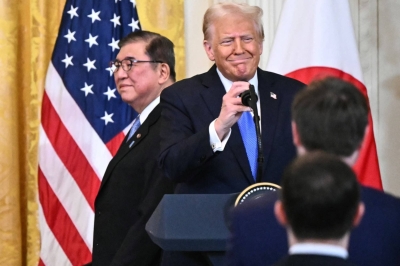WASHINGTON — Throughout 2010, the pattern for negotiations over Iran's nuclear program held to form. With just about every diplomatic effort failing to yield results, international efforts had increasingly given way to discussions about sanctions — and what mix of them would be needed to bring Iran to heel. In 2011, a renewed focus on comprehensive economic sanctions could turn out to be the bad idea whose time has arrived.
Sanctions, of course, have a dismal historical record in achieving their aims. Indeed, they have often been more useful in proving the law of unintended consequences. So it might be useful to step back and take one more look at our disagreeable negotiating partner — Iran — to see what should, and should not, be emphasized diplomatically.
There is nothing easy about negotiating with Iran. It is one of the oldest states in the broader Middle East, with a deep culture. Despite its leaders' grim public image, Iran has a sense of humanism, as any Kurd who fled from Iraqi President Saddam Hussein's chemical-warfare attacks along the Iranian border can attest. Bending, much less breaking, will not come naturally to such a prideful country.

















With your current subscription plan you can comment on stories. However, before writing your first comment, please create a display name in the Profile section of your subscriber account page.